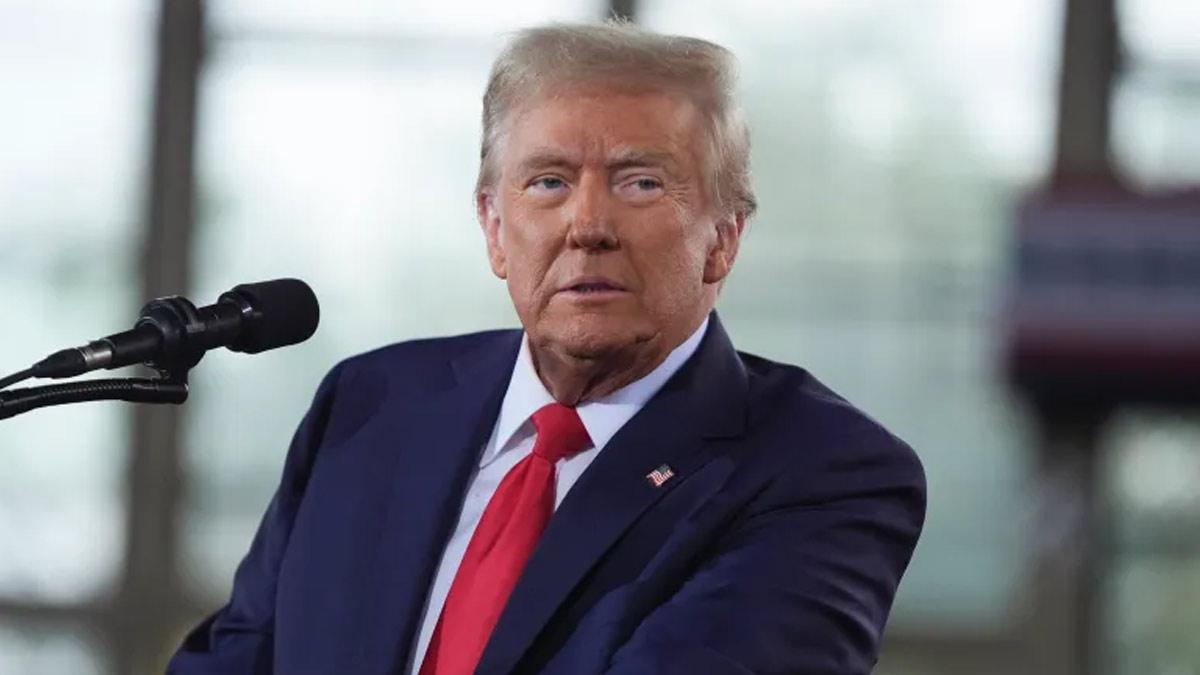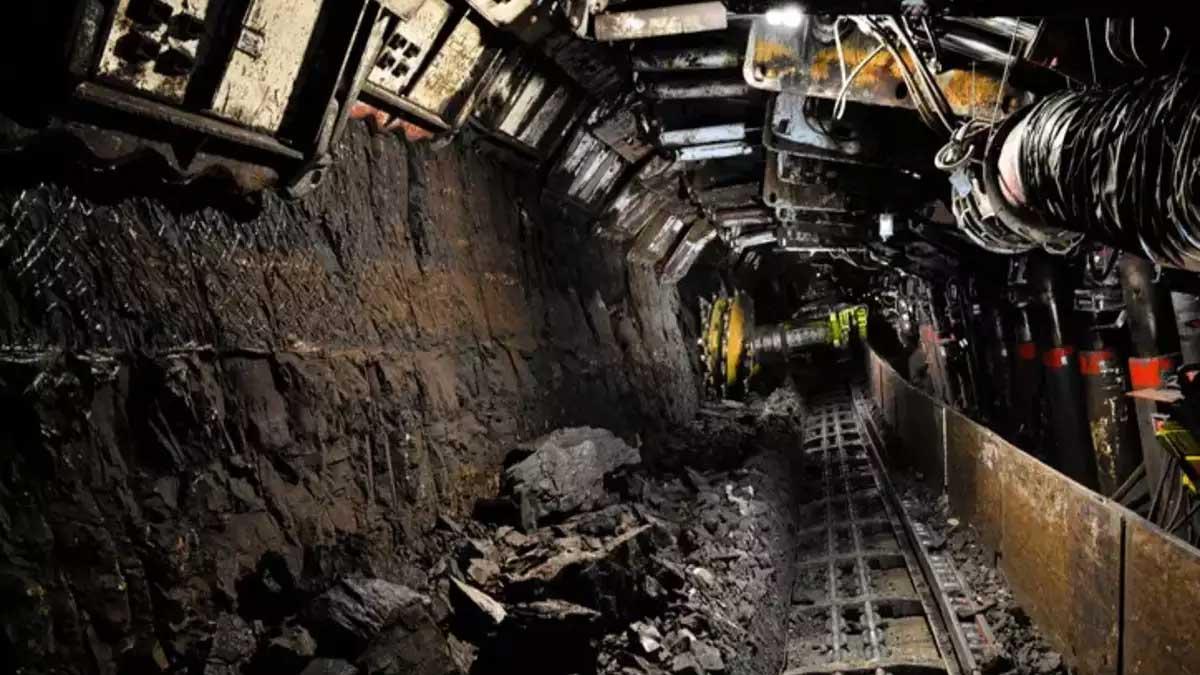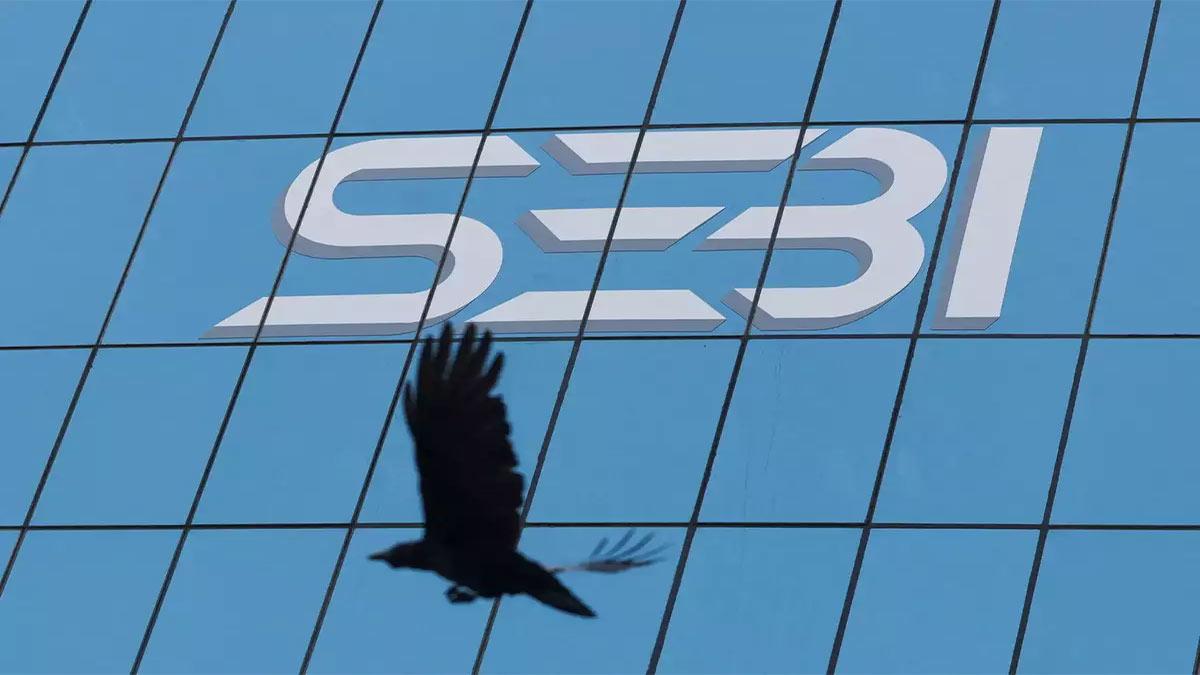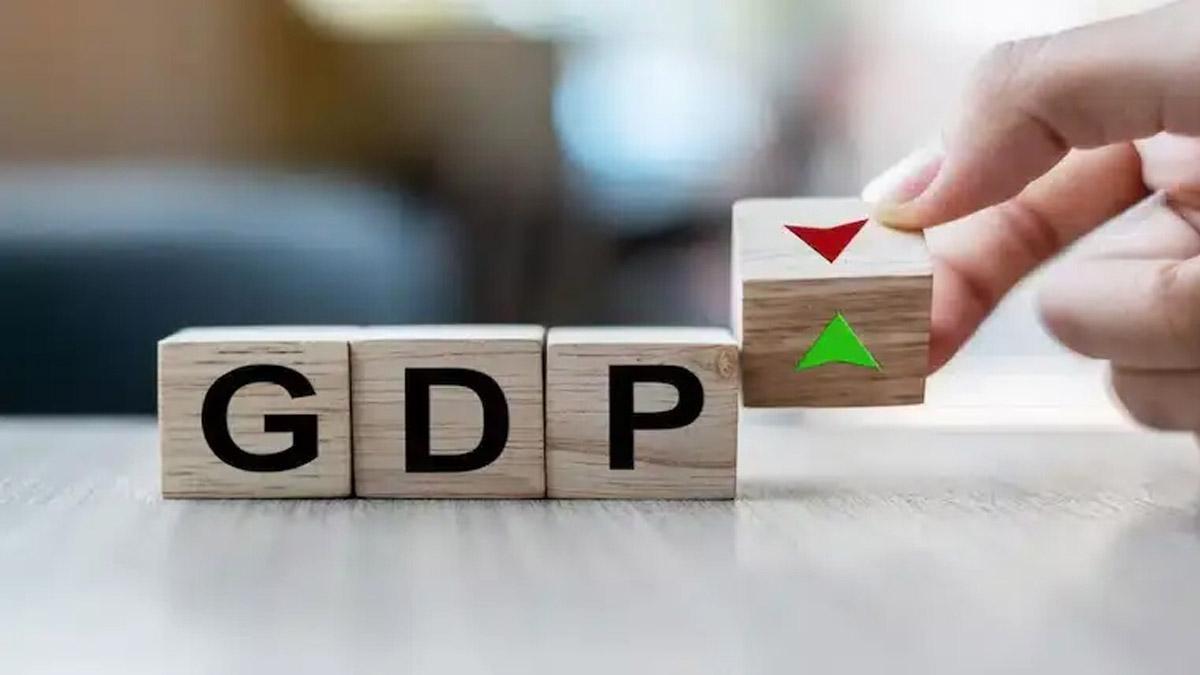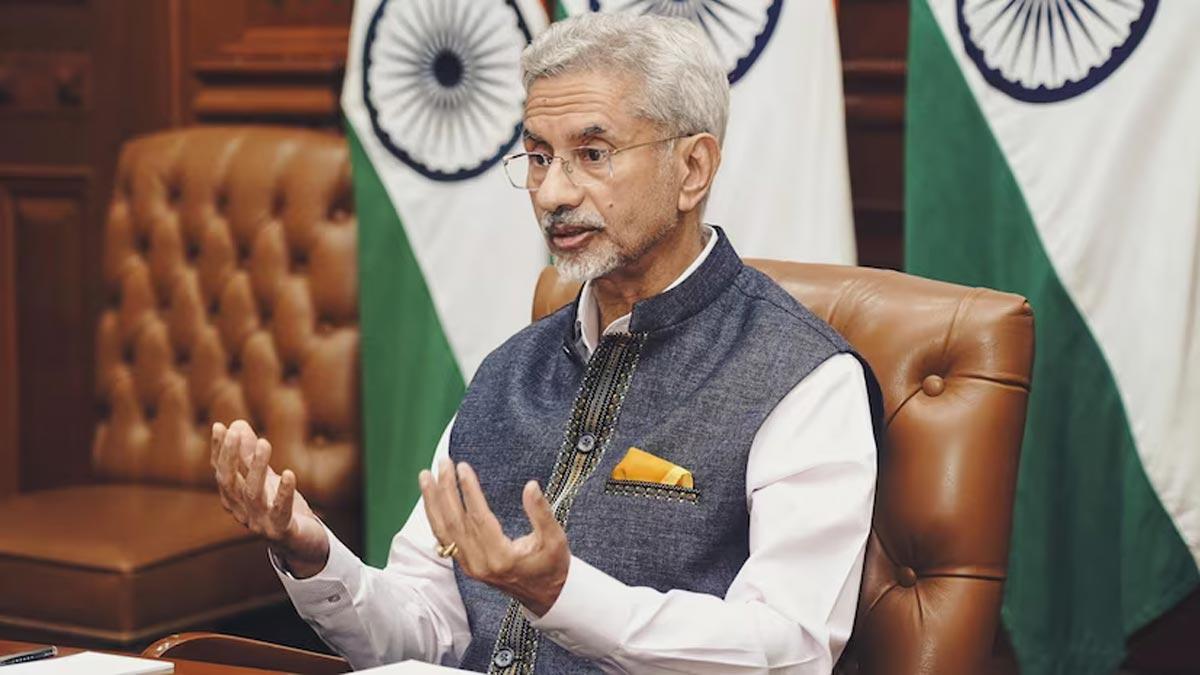US President Donald Trump's broad reciprocal tariffs go into effect at midnight Eastern Time on Tuesday (9:30 am IST), as scheduled despite continued negotiations with impacted countries. Among the highest of these tariffs is a 104% duty on Chinese imports.
India, hit with a 26% tariff, is one of the most severely affected countries under this new trade policy.
The Trump administration has made it clear that although negotiations are being held with 70 trading partners, it wants to enter into tailored trade agreements with each country instead of taking a one-size-fits-all approach. White House press secretary Karoline Levitt stressed that the new tariffs would not be postponed. "The reciprocal tariffs," she said, "will still go into effect as these agreements are negotiated."
In an effort to speed up bilateral talks, External Affairs Minister S. Jaishankar and US Secretary of State Marco Rubio had their first cabinet-level meeting on trade Monday. Both leaders reaffirmed their resolve to achieve an "early conclusion" of a Bilateral Trade Agreement.
While President Trump and Prime Minister Narendra Modi have not yet spoken since the tariff announcement, a call may be on the horizon. While his administration has taken a hard line that the tariffs are not negotiable, Trump has indicated willingness to talk.
On Monday, Trump held talks with key global leaders, including Japanese Prime Minister Shigeru Ishiba, Israeli Prime Minister Benjamin Netanyahu, and South Korea’s acting president Han Duck-soo. However, he expressed disappointment over China's retaliatory tariff response rather than engaging in talks, reiterating his willingness to negotiate—a point that continues to unsettle global markets.
Levitt rejected the suggestion that the administration's position had changed. "The entire administration has been saying continually that President Trump is willing to pick up the phone and call," she confirmed.
There is no specified time frame for concluding these negotiations, so the new tariff rates will be in effect indefinitely, even while negotiations continue. Since the US is demanding custom trade deals tailored to the specific economic profile of each country, the process might be protracted.
"The President sat down with his trade team this morning, and he instructed them to have customized trade agreements with each country that calls up this administration to make a deal and listen," Levitt stated. "And every one of these trade agreements ought to be custom-made and individual based on that country's markets, based on that country's exports, the imports here in the United States of America, what is best for the American worker and for our industry, the President is going to put America first."
During a congressional hearing on Monday, US Trade Representative Jamieson Greer was asked about the anticipated timeline for the agreements. "We don't have any specific timeline," he replied. "The result is more significant than establishing something artificially for us. What I can tell you is I'm going as fast as I can."
Read also| PLI Boost Propels India’s Smartphone Exports Past ₹2 Lakh Crore Mark in FY25
Read also| RBI’s Policy Easing Expected to Boost Credit Growth to 10.8% in FY26: Report

